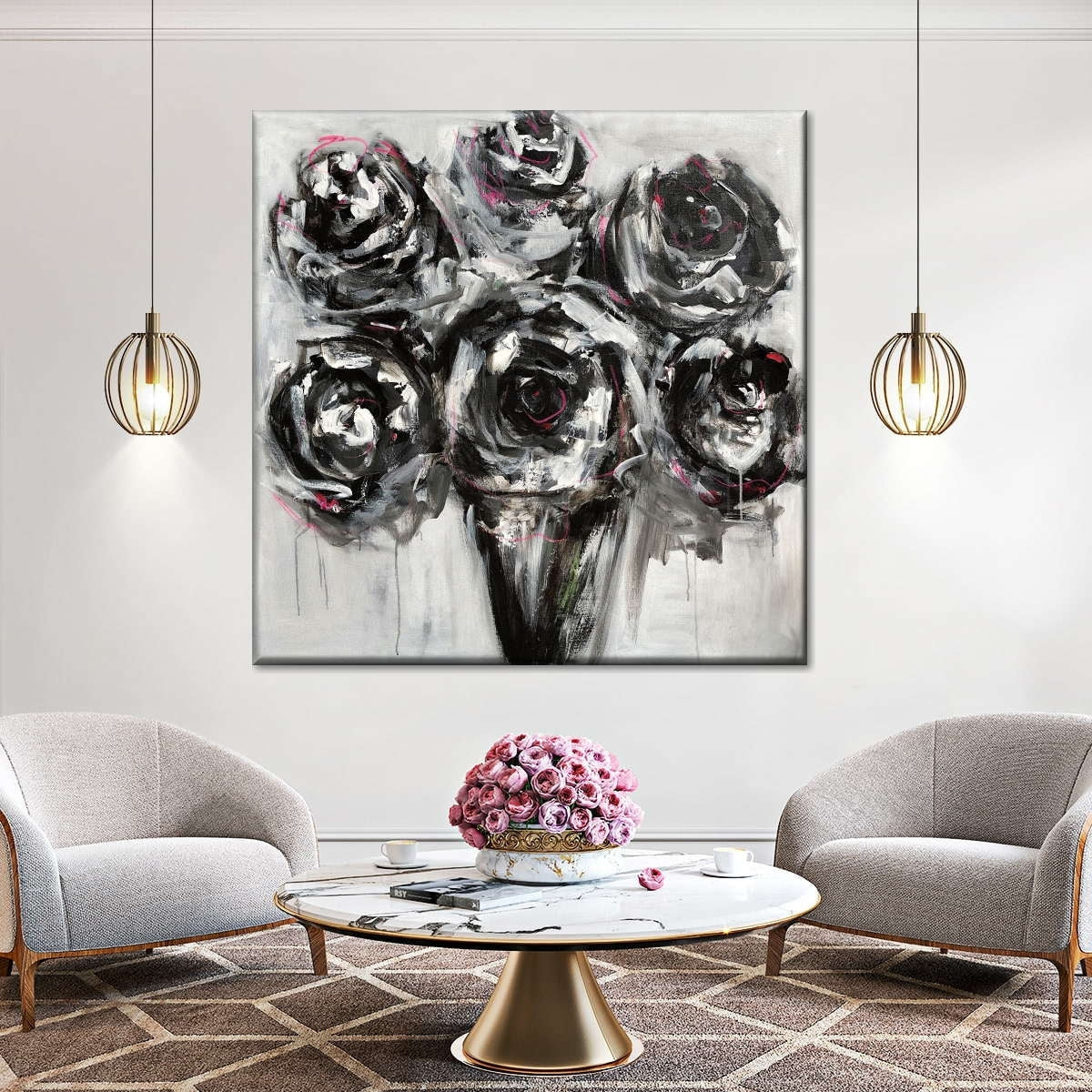Understanding Grey as a Color in Interior Design
Grey is often described as neutral, calming, and sophisticated. It’s a versatile color that can lend itself to various themes and aesthetics, making it a popular choice for wall decorations. With over a decade of experience in interior design, I’ve seen how the right shade of grey can completely transform a space.
The Psychology of Grey
Grey is known for its ability to evoke feelings of balance and calmness. It can create a minimalist vibe or complement vibrant colors in a room. In my personal experience, using grey in my home has helped create an oasis of calm amidst the chaos of daily life.
Types of Grey Wall Decorations
When considering grey wall decorations, your preferences and the room’s intended mood are key. Let’s explore various types of grey wall decor:
1. Painted Walls
One of the simplest and most transformative ways to introduce grey to a space is through paint. Here are some considerations:
Pros:
- Cost-effective
- Wide range of shades
- Easy to apply
Cons:
- Time-consuming
- May require multiple coats
- Poor color choice can impact overall aesthetics
2. Wallpaper
For those looking to add texture or pattern, wallpaper can be an excellent choice. It comes in various styles, from classic damask to modern geometric designs.
Pros:
- Available in many patterns
- Adds depth and texture
Cons:
- More expensive than paint
- Can be difficult to remove

3. Art and Prints
Art pieces in shades of grey can add sophistication and intrigue to your walls. Consider the balance of light and dark artworks:
Pros:
- Personalizes your space
- Easy to change with trends
Cons:
- Art can be costly
- Finding the right pieces can take time
4. Wall Decals and Stickers
Wall decals offer a fun and temporary solution for grey wall decorations. They come in various designs and are easy to apply.
Pros:
- Inexpensive
- Variety of designs available
Cons:
- May not last as long as paint or wallpaper
- Could peel off over time

5. Shelves and Floating Units
Incorporating grey shelves or floating units can be a fantastic way to combine functionality with style.
Pros:
- Provides storage and display space
- Can enhance the room’s aesthetic
Cons:
- Installation may require tools
- Could clutter the wall if overdone
Choosing the Right Shade of Grey
With numerous shades of grey available, how do you select the perfect hue for your space? Here’s a handy comparison table for guidance:
| Shade of Grey | Best For | Vibe |
|---|---|---|
| Light Grey | Small spaces | Airy and open |
| Medium Grey | Living rooms | Welcoming and cozy |
| Dark Grey | Accent walls | Bold and dramatic |

Tips for Choosing the Right Shade
- Consider the lighting in your room.
- Test samples on your wall before committing.
- Pair grey with complementary colors to enhance the aesthetic.
Combining Grey with Other Colors
Grey can be paired with a multitude of colors to create different moods. Here are a few combinations I’ve found work well from my own experience:
1. Grey and Yellow
A cheerful combination that brightens the space, making it feel lively and modern.

2. Grey and Blue
This pairing evokes a serene and calming atmosphere, perfect for bedrooms and bathrooms.
3. Grey and Pink
Soft pinks can bring warmth to grey, adding a touch of femininity without being overwhelming.

4. Grey and Green
Pairing grey with greens brings a natural, organic feel to your space, echoing the outdoors.
Functional Uses of Grey Wall Decorations
Grey wall decorations aren’t just about aesthetics. Here are some practical uses:
1. Soundproofing
Using certain types of grey wall panels can help reduce noise levels in your home, particularly in busy urban areas.

2. Space Delineation
Using different shades of grey can help define spaces in an open floor plan, creating visual boundaries.
3. Highlighting Features
Grey can serve to highlight architectural features or artwork by providing a subtle backdrop that doesn’t compete for attention.

FAQs About Grey Wall Decorations
What are some popular shades of grey for wall decor?
Popular shades include Charcoal, Ash Grey, Dove Grey, and Battleship Grey. Each offers a unique vibe.
Can I use grey in small spaces?
Absolutely! Light shades of grey can actually open up small spaces, making them feel larger and airier.
Are there specific styles that work best with grey walls?
Grey walls work beautifully with modern, minimalist, industrial, and even traditional styles, depending on the accents used.
How can I accessorize a room with grey walls?
Accessorize using pops of color in cushions, rugs, and artwork. Gold and brass accents also complement grey beautifully.
Conclusion
Grey wall decorations can elevate your home’s aesthetic while providing a calming environment. From paint to art, there are countless ways to integrate this versatile color into your design. I encourage you to explore these options and find what resonates with your personal style. After all, your home should reflect you.